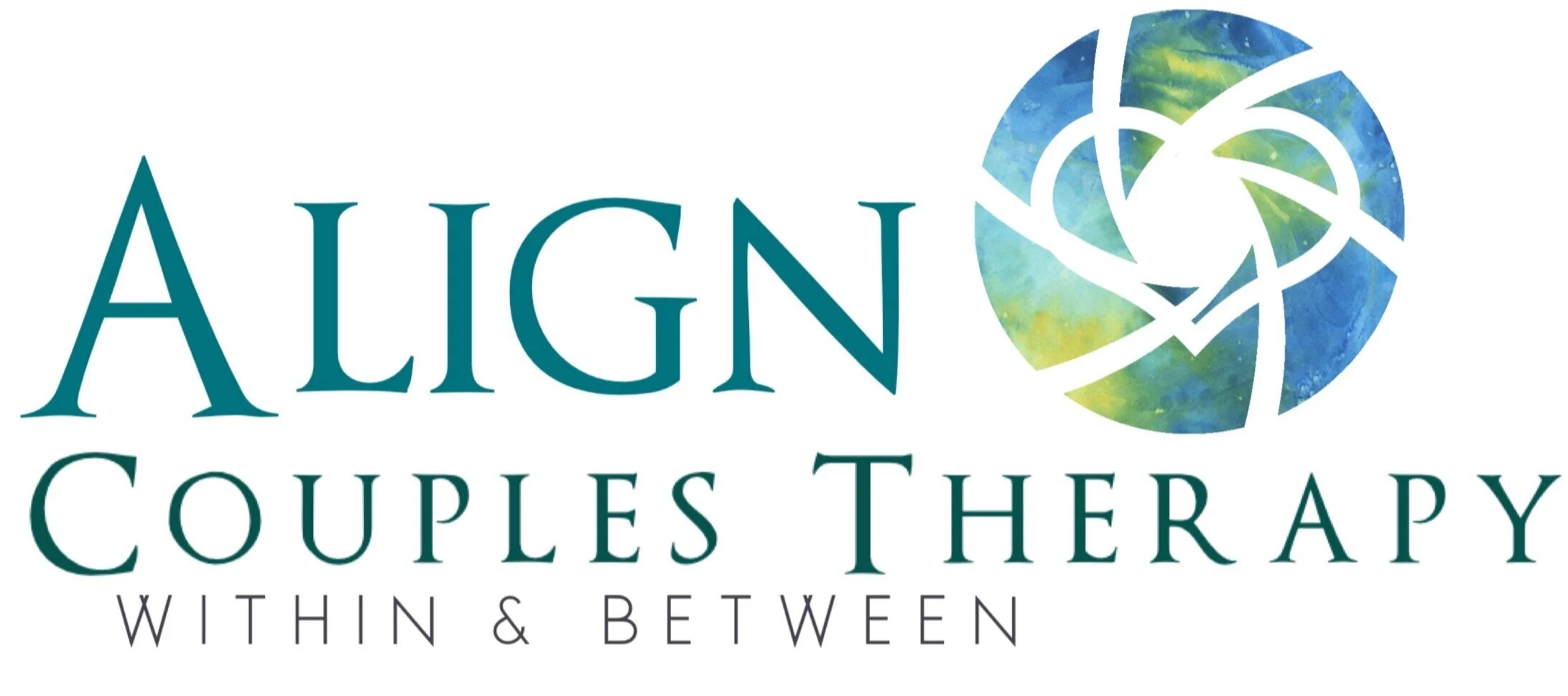Although most of us are familiar with postpartum depression, people are often unaware that mental health challenges may start before the delivery of a new baby and may affect the expectant or new mother and their partner.
In fact, medical and mental health providers now refer to the emotional distress that occurs during pregnancy until after one year postpartum as perinatal mood and anxiety disorders (PMADs). Not all of these concerns may meet the criteria for a mental health diagnosis, but they impact the individual experiencing them and their loved ones.
Research has shown us that becoming parents is one of the most stressful times for couples and nearly 67% of couples report a significant decrease in couple satisfaction after their first child is born (Shapiro et al., 2000).
This decrease in couple satisfaction is often difficult to navigate, especially if one or both partners are experiencing a PMAD and current research shows that 20% of women will experience a PMAD (Alderdice, 2020), while 1 in 7 men report mood disturbances during the perinatal period (Tissera et al., 2021). Some of the reasons that couples report a decrease in relational satisfaction during pregnancy and after the birth of a child include biological changes, impaired sleep, less time to spend as a couple, reduced communication, financial challenges, and more (Gottman et al., 2004). These difficulties are compounded if the couple has not spent time discussing their expectations of each other, their new roles, and sharing their ideas of what being a parent while still being a couple means (Dueger, 2021).
These conversations are particularly important because becoming a parent is generally the most significant identity shift that anyone will experience after puberty. If one partner shifts in a different direction than the other, it will strain the relationship.
Also, many new parents shift all their focus onto their new baby and put themselves, their partner, and others on the back burner. Over time this heightens levels of frustration, mood disturbances and relationship dissatisfaction. Of course, no one would suggest that the new baby is neglected or is not prioritized; however, there needs to be a balance between nurturing a new baby and taking care of ourselves and our relationship.
Most relationship experts recommend prioritizing the couple relationship and ensuring that partners create a sense of togetherness and a secure bond; Hoppe and Tatkin (2021) refer to this as a couple bubble.
To create a couple bubble most effectively, we need to work on understanding our own biological, neurological, and attachment needs so that we are able to understand how we are responding to one another and sharing our needs effectively; otherwise, our requests may be critical, and our partner may respond defensively or shut down.
Learning to recognize these different needs and communicating effectively is incredibly challenging because we don’t live in a world that provides many good examples of self-awareness, respectful proactive communication, listening attentively, and responding non-defensively. If one or both members of the couple are experiencing a PMAD, these skills become that much harder to master.
Often only the person experiencing mental health struggles will reach out for therapy, but research has shown that a supportive partner is a key aspect in overcoming a PMAD (Tissera et al., 2021). Other types of social support are also hugely helpful when navigating the challenges associated with becoming a parent, and there are some excellent resources, including peer support groups, available through Postpartum Support International and The Seleni Institute.
If you and your partner are considering starting a family, have recently added to your family, or are unsure of what growing your family during a pandemic will look like, I would be honored to help you navigate these challenges. I am a Certified Perinatal Mental Heath Profesional PMH-C and can be contacted here.
References:
Alderdice, F. (2020). What’s so special about perinatal mental health? Journal of Reproductive & Infant Psychology, 38(2), 111–112. https://doi.org/10.1080/02646838.2020.1734167
Dueger, S. (2021). Preparing For Parenthood. Author Academy Elite.
Gottman, J., Gottman, J., Abrams, D., & Abrams, R. (2004). Eight Dates. Thomas Allen & Son Limited.
Hoppe, K., & Tatkin, S. (2021). Baby bomb. New Harbinger Publications, Inc.
Shapiro, A. F., Gottman, J. M., & Carrère, S. (2000). The baby and the marriage: Identifying factors that buffer against decline in marital satisfaction after the first baby arrives. Journal of Family Psychology, 14(1), 59-70. https://doi.org/10.1037/0893-3200.14.1.59
Tissera, H., Auger, E., Séguin, L., Kramer, M. S., & Lydon, J. E. (2021). Happy prenatal relationships, healthy postpartum mothers: a prospective study of relationship satisfaction, postpartum stress, and health. Psychology & Health, 36(4), 461–477. https://doi.org/10.1080/08870446.2020.1766040




